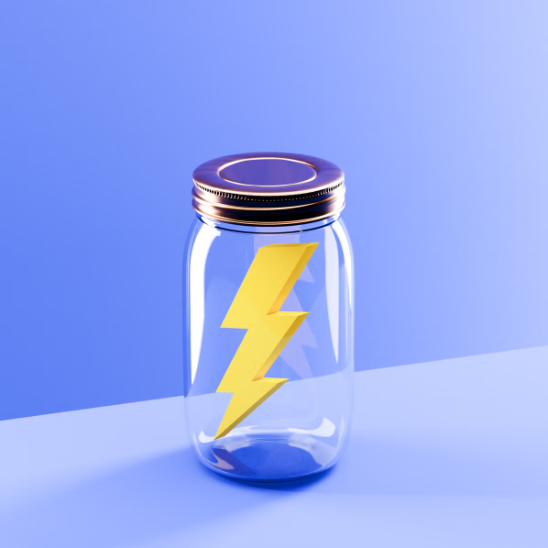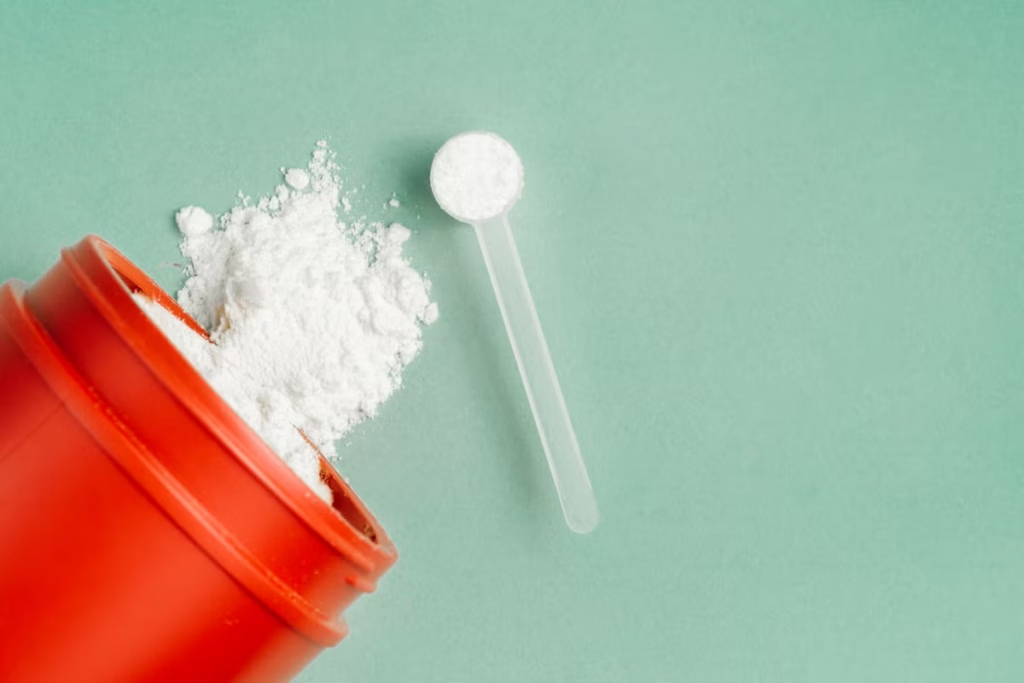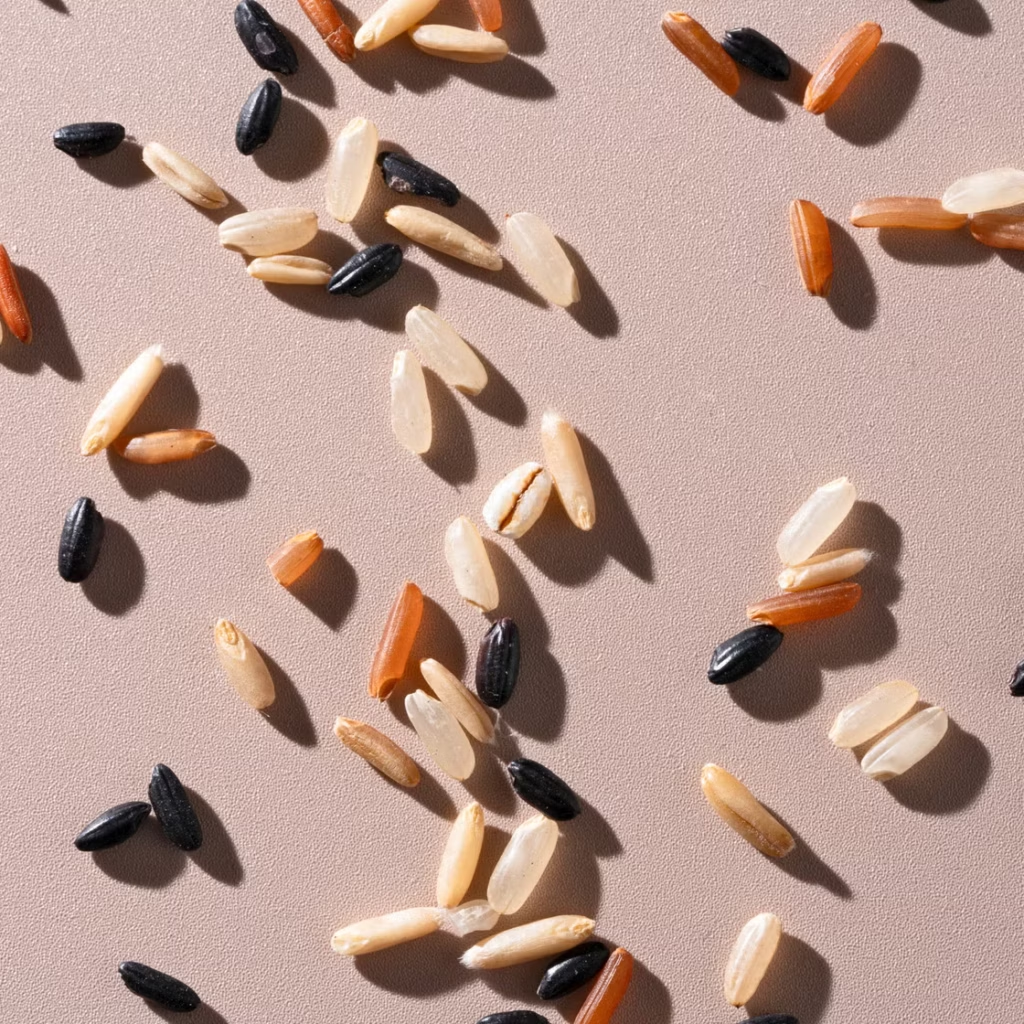IF A CORTISOL detox diet sounds like the kind of hokey, pseudo-scientific health hack you might find on TikTok, you’d be right.
But while the name is perhaps a little misleading, what you eat can certainly affect your mood and impact your body’s stress response – namely the rate and degree to which it releases cortisol, an important stress hormone produced in your adrenal glands. Research shows calorie-dense food (rich in saturated fat and sugars) elevates cortisol levels while ingestion of sugars elevates and prolongs the cortisol response to acute stress.
But while that may resonate intuitively, there are variables to consider. Other studies have reported high-calorie diets reduce the body’s stress response. And more prolonged sugar consumption (three times per day for two weeks) has been found to reduce cortisol responsiveness to stress. While this might sound like a positive development, it could make it more difficult for your body to handle stressful situations.
The fact is, a healthy amount of cortisol is required to enable you to perform at your best. You need it to nail that big work presentation, as well as help metabolise food. It’s when cortisol levels rise beyond a healthy threshold and remain there, that your health may suffer.
A diet that keeps your cortisol levels balanced without dramatic spikes, can therefore help you manage stress and anxiety. In essence, ‘cortisol detox’ is a misnomer. Cortisol balance would be a more helpful term but one unlikely to go viral on TikTok . . . so cortisol detox it is. Here’s how to eat in a way that will keep your cortisol levels within a healthy range.
What is cortisol?
Cortisol is a hormone produced by the adrenal glands. It helps regulate your body’s stress response and energy levels, keeping you awake and alert throughout the day. Cortisol, like stress, is neither good or bad, it just is. It’s produced in response to challenging situations and, in effect, helps you deal with them. At the same time, chronically elevated cortisol has been linked to anxiety, depression, diabetes, heart disease, and high blood pressure.
Cortisol is necessary for immune function, regulating metabolism, and other bodily functions, including waking you up in the morning. A cortisol detox aims to get cortisol back to a normal range, rather than being constantly overstimulated.
Do you need a cortisol detox?
Ask yourself the following questions:
- Are you constantly feeling stressed or overwhelmed?
- Do you have trouble falling asleep or staying asleep?
- Have you noticed unexplained weight gain, especially around your midsection?
- Do you feel more anxious or irritable than usual?
- Are you experiencing frequent headaches or digestive issues?
If you answered “yes” to several of these questions, your cortisol levels might be out of whack and you could benefit from a cortisol detox.
What is a cortisol detox?
A cortisol detox should comprise three main components: following a diet that helps restore a normal cortisol rhythm; changing your lifestyle to reduce chronic stress; developing techniques to build resilience whenever acute stress arises.
One thing that can help modulate stress is a healthy gut microbiome. As such, high fibre gut-friendly such as whole grains, fruits, vegetables, legumes, and lentils, should all be part of a cortisol detox diet. Fruits also contain antioxidants, which may help fight free radicals that increase cortisol levels.
Pre and probiotics are also key in maintaining gut health. Healthy fats, especially omega-3 fatty acids present in fish and nuts, have been found to help improve brain health and thus reduce stress. Finally, dark chocolate and water intake should also be optimised. Dark Chocolate contains flavonoids, which may help modulate cortisol release.
What does an average day on a cortisol detox diet look like?
- Breakfast: Muesli with yoghurt, berries, seeds, and nuts.
- Lunch: Try an omega-3 fatty acid-rich food like tuna or salmon with a salad or broccolini.
- Dinner: Chicken or fish with some whole grains like brown rice or quinoa and vegetables.
- Dessert: one or two pieces of dark chocolate.
- Snacks: handful of nuts.
Apart from diet, what else can you do to reduce cortisol?
Diet is just one component of a cortisol detox. If you’re constantly finding yourself triggered by stressful situations at work or at home, then you may need to make lifestyle changes to avoid these flashpoints.
At the same time, you need strategies to deal with stress and adversity and cultivate resilience when tough times do arise. Exercising regularly, sleeping consistent hours and practising mindfulness activities like meditation and breath work, can all help keep your cortisol levels balanced.
Related:
The truth about TikTok’s ‘Cortisol Face’
Are you addicted to stress? The hidden dangers of high-performance lifestyles

















